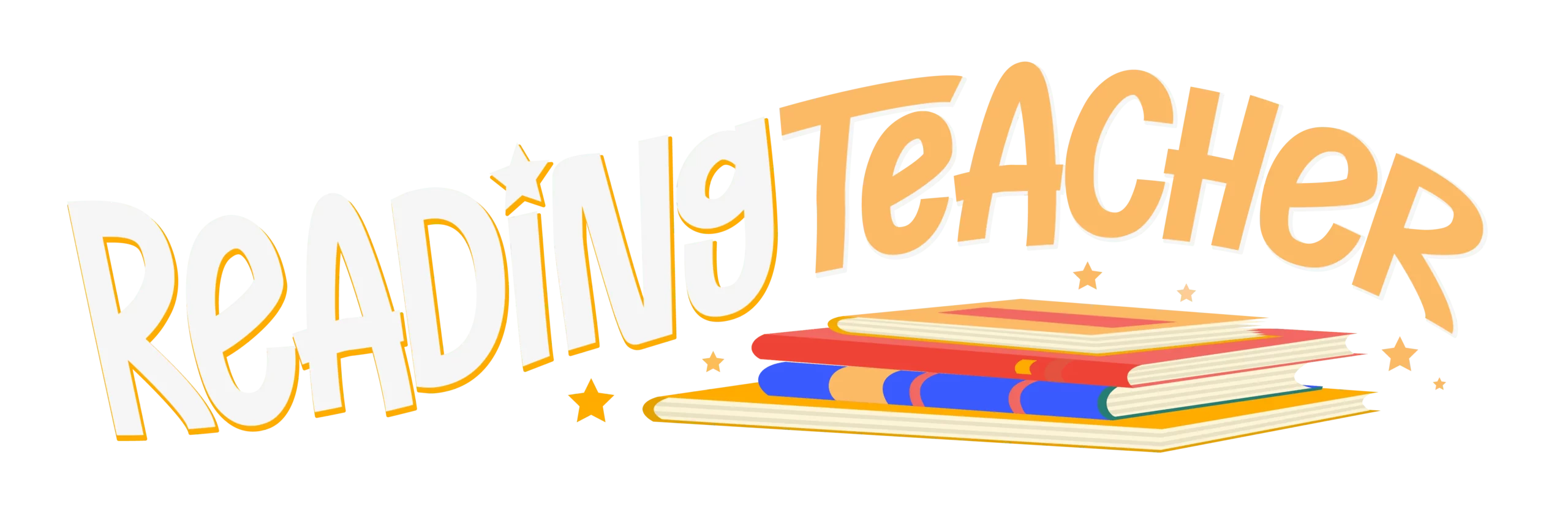Fun and Educational Literacy Games for Elementary Students
Engaging elementary students in literacy games is an effective way to enhance their reading, writing, and language skills while making learning enjoyable. By incorporating interactive and hands-on activities, educators can create a positive and stimulating environment that fosters a love for literacy. In this article, we will explore a variety of literacy games specifically designed for elementary students. From word-building puzzles and grammar board games to storytelling dice and vocabulary charades, these games will not only reinforce academic concepts but also promote critical thinking, creativity, and collaboration.
Word-Building Puzzles:
Provide students with word-building puzzles where they arrange letter tiles or cards to create words. They can form as many words as possible within a given time or solve word puzzles based on clues. This activity strengthens phonics, spelling, and vocabulary skills.
Grammar Board Games:
Design grammar-themed board games where students answer questions or complete sentences with the correct grammar rules, such as identifying parts of speech, using punctuation, or constructing grammatically correct sentences. These games reinforce grammar concepts in an engaging and interactive way.
Storytelling Dice:
Create storytelling dice with different story elements, such as characters, settings, and problems. Students roll the dice and use the elements rolled to create unique stories. This activity enhances creativity, narrative skills, and imagination.
Vocabulary Charades:
Play vocabulary charades by writing words or phrases on cards. Students take turns acting out the words without speaking while their classmates guess the word. This game reinforces vocabulary comprehension and expressive communication.
Spelling Bee Contests:
Organize friendly spelling bee contests where students compete by spelling words aloud. This activity promotes spelling accuracy, word recognition, and public speaking skills. Consider providing grade-level appropriate word lists and incorporating fun twists, such as team-based spelling bees.
Sentence Scramble:
Create sentence scramble activities by mixing up words in sentences. Students rearrange the words to form grammatically correct sentences. This game reinforces sentence structure, grammar rules, and logical thinking.
Book Trivia Quizzes:
Hold book trivia quizzes based on popular children's literature. Students answer questions about characters, plots, and settings to test their reading comprehension and knowledge of the books they have read. This activity promotes critical thinking and motivates students to explore new books.
Conclusion:
Integrating fun and educational literacy games into the curriculum is an effective way to engage elementary students and strengthen their literacy skills. By incorporating word-building puzzles, grammar board games, storytelling dice, vocabulary charades, spelling bee contests, sentence scrambles, and book trivia quizzes, educators can create a dynamic learning environment that promotes active participation and fosters a love for reading, writing, and language. These games not only reinforce academic concepts but also encourage collaboration, critical thinking, and creativity. Remember, learning through play is a powerful tool, and by incorporating engaging literacy games, we can nurture well-rounded and enthusiastic readers and writers among our elementary students.
